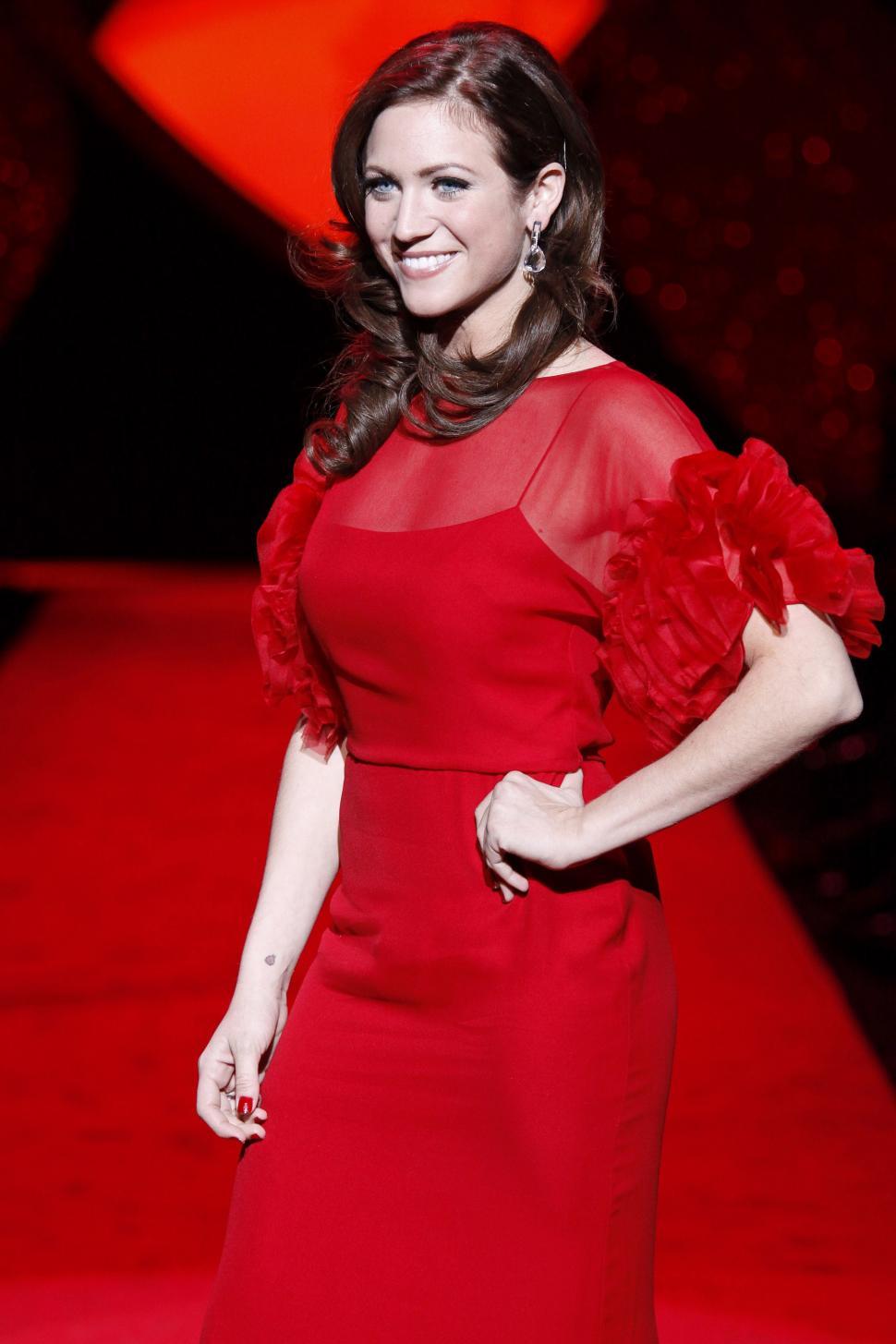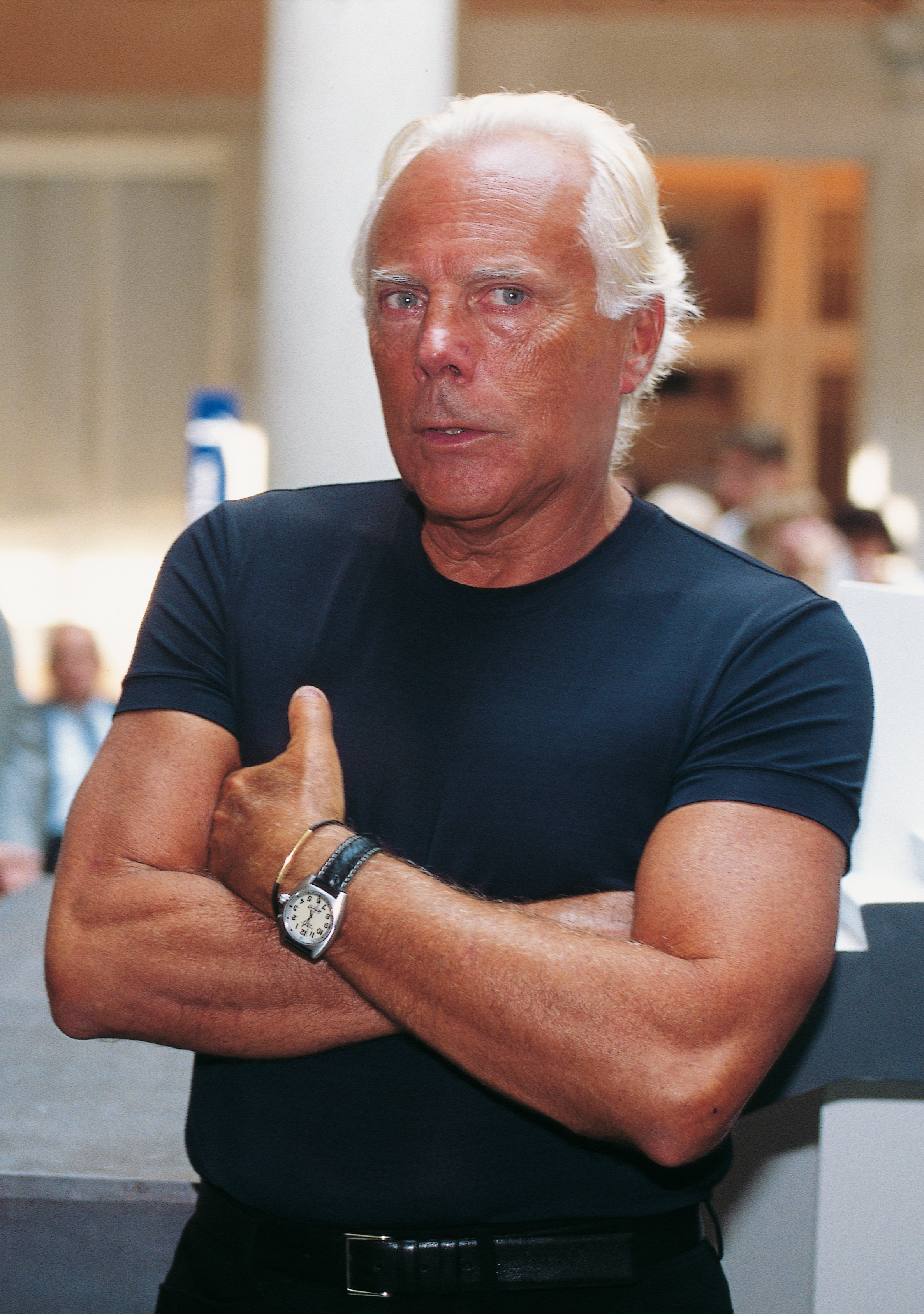
The fashion world and the broader cultural landscape are mourning the death of Giorgio Armani, who passed away peacefully at his Milan home at the age of 91. Widely admired as “Il Signor Armani,” he spent over five decades redefining modern style, creating an indelible legacy of elegance and sophistication. His passing marks the close of an extraordinary era, leaving a global imprint that transcends fashion.
Tributes flowed immediately, underscoring his influence across fashion, Hollywood, politics, and sports. Designers such as Donatella Versace and Miuccia Prada, along with actors Julia Roberts and Leonardo DiCaprio, shared heartfelt remembrances. Each highlighted his elegance, creativity, and ability to inspire, describing him as both a genius and a maestro whose work reshaped the very definition of style.
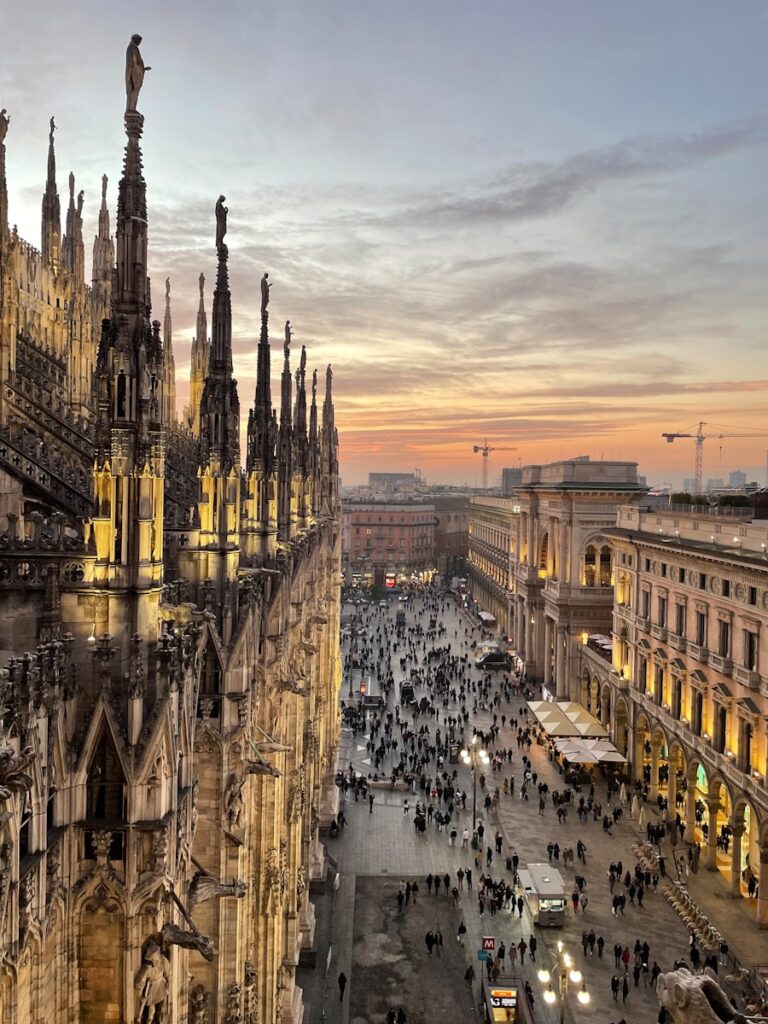
Respect from Italian Fashion Leaders
In Italy, Armani’s passing resonated deeply among peers who helped establish Milan as a fashion capital. Donatella Versace called him a “giant” and emphasized that he “changed history with fashion” and “defined style all over the world for generations.” Miuccia Prada and Patrizio Bertelli praised him as an “undisputed protagonist of Italian and international fashion,” while Raf Simons called him a “visionary” who embodied elegance and sophistication.
Other leaders echoed this admiration. Renzo Rosso of Diesel described Armani as a “true icon,” and Ermenegildo Zegna thanked him for bringing the “spirit and culture of Made in Italy to the world.” Their tributes collectively illustrate the deep respect Armani commanded within the industry.
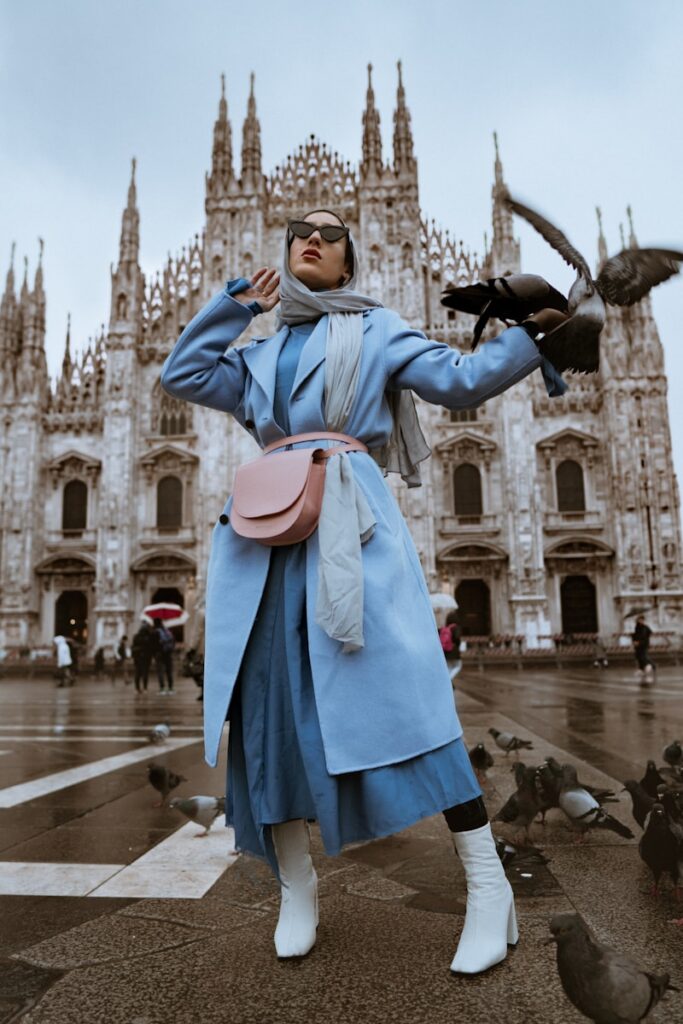
A National Symbol of Pride
Armani’s influence extended well beyond design. Italian Prime Minister Giorgia Meloni honored him as “an icon, a tireless worker, a symbol of the best of Italy,” praising the way he brought luster to Italian fashion. President Sergio Mattarella described him as “a symbol of Italian genius throughout the world,” noting his refined simplicity and attention to quality. Carlo Capasa, Chairman of the National Chamber for Italian Fashion, credited Armani with elevating Milan Fashion Week to international prominence, reinforcing his role as both artist and cultural ambassador.

From Humble Beginnings to Global Success
Armani’s career began in 1957 as a window dresser at Milan’s La Rinascente department store. A pivotal moment came in 1964 when he joined designer Nino Cerruti, where he pioneered unstructured jackets that softened traditional tailoring. During this time, he met Sergio Galeotti, his life and business partner, whose encouragement led to the founding of Giorgio Armani S.p.A. in 1975. Funded by the sale of Armani’s Volkswagen Beetle, the brand quickly gained recognition, with Barney’s New York stocking his first menswear collection in 1976. His womenswear soon followed, introducing androgynous looks that challenged traditional gender aesthetics.

Hollywood Breakthrough and Global Fame
Armani’s rise to global superstardom was cemented in 1980 with the release of American Gigolo. Richard Gere’s wardrobe of relaxed Armani suits transformed the unstructured jacket into a symbol of effortless elegance. The film demonstrated cinema’s power to elevate fashion and established Armani’s enduring connection with Hollywood. This relationship expanded as Armani became a red carpet staple, dressing stars from Sophia Loren and Arnold Schwarzenegger to modern icons like Zendaya and Cate Blanchett. His designs, blending precision tailoring with artistry, became synonymous with glamour and sophistication.

Redefining Men’s and Women’s Fashion
Armani revolutionized fashion with a philosophy centered on comfort, confidence, and understated elegance. For men, he introduced softer, unstructured suits that moved away from rigid tailoring, offering a new kind of refined masculinity. For women, his pantsuits reimagined power dressing, providing attire that was both chic and authoritative. His designs reflected broader cultural shifts, offering clothing that aligned with changing gender roles while maintaining an enduring aesthetic of quiet power.
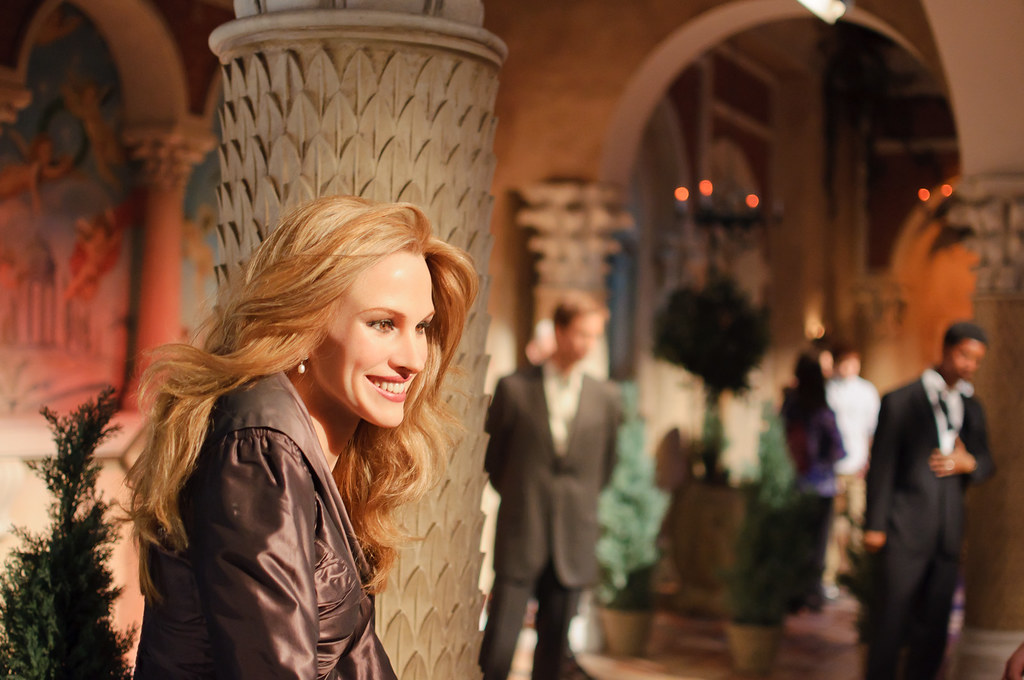
Hollywood Tributes and Personal Remembrances
Many of Hollywood’s most recognizable figures shared personal tributes following his passing. Julia Roberts, known for wearing an Armani menswear-inspired look at the 1990 Golden Globes, described him as “a true friend. A Legend.” Leonardo DiCaprio recalled being “blown away” by his creativity, while Morgan Freeman praised his “legacy of grace and timeless style.” David and Victoria Beckham remembered his kindness and vision, while Russell Crowe and Reese Witherspoon expressed gratitude for his artistry. These tributes reflected the personal bonds Armani built beyond his professional impact.
Independence in a Conglomerate World
Unlike many fashion houses absorbed by global luxury groups, Armani remained the sole shareholder of his company. This independence allowed him to preserve creative integrity and maintain a singular vision. Bloomberg Intelligence valued the Armani Group at up to 10 billion euros in 2024, with revenues of 2.1 billion euros in 2019 and a workforce of 8,000. His entrepreneurial spirit ensured the brand reflected his personal philosophy, a commitment underscored in the Armani Group’s statement pledging to carry forward his legacy with “respect, responsibility, and love.”

Beyond Fashion: Lifestyle, Sports, and Hospitality
Armani expanded his brand far beyond clothing, creating a full lifestyle empire. His diffusion lines, including Emporio Armani and Armani Exchange, made his aesthetic accessible to a wider audience. Armani/Casa extended his vision into home interiors, while Armani Hotels in Dubai and Milan showcased his design in luxury hospitality. He also invested in sports, acquiring Olimpia Milano basketball team in 2008 and launching EA7 sportswear. His designs for Italy’s Olympic uniforms further illustrated his versatility and commitment to national pride.
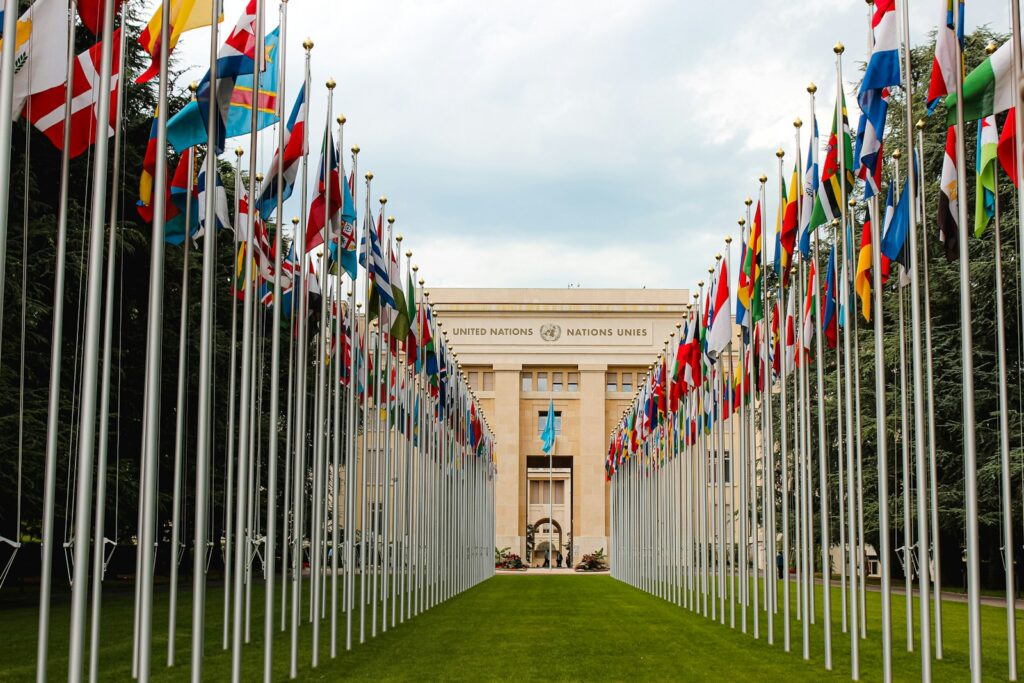
Global Recognition and Humanitarian Impact
Armani received numerous honors throughout his career. In 2021 he was named Grand Officer of the Order of Merit of the Italian Republic. He also received the Council of Fashion Designers of America’s Lifetime Achievement Award and France’s Legion d’Honneur. His work was celebrated in major retrospectives, including a landmark exhibition at the Guggenheim in Bilbao. Beyond fashion, he was appointed a UNHCR Goodwill Ambassador in 2002, demonstrating his dedication to humanitarian causes.

As the Armani Group approaches its 50th anniversary, the company has pledged to uphold his values and continue his vision. Planned exhibitions and runway shows in Milan will honor his life and influence, ensuring that his creative spirit remains central to the brand’s future. Armani himself continued working on collections and projects until his final days, leaving behind not just a business empire, but a philosophy of elegance and independence.
Leonardo DiCaprio summarized the global sentiment, calling him “a legendary force who inspired generations.” Giorgio Armani’s passing leaves a profound void, but the foundation he built ensures that his timeless style and spirit will remain a guiding force in fashion and culture for years to come.


